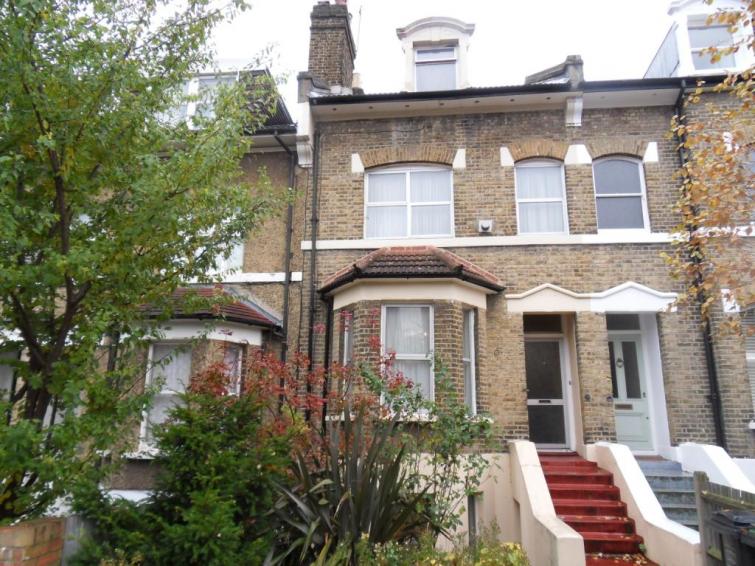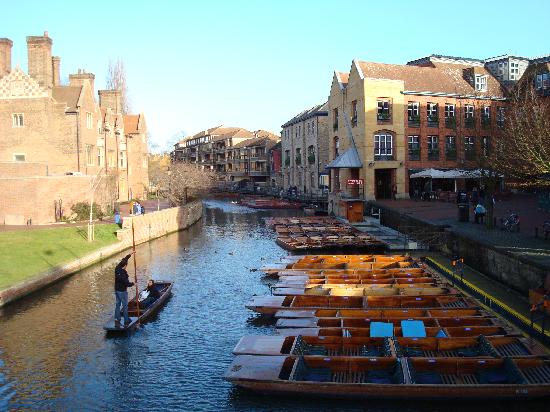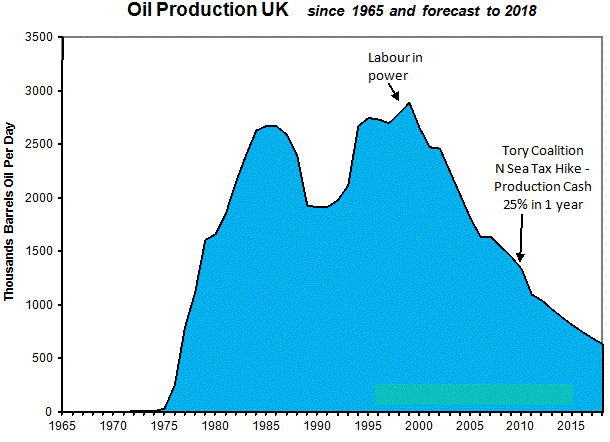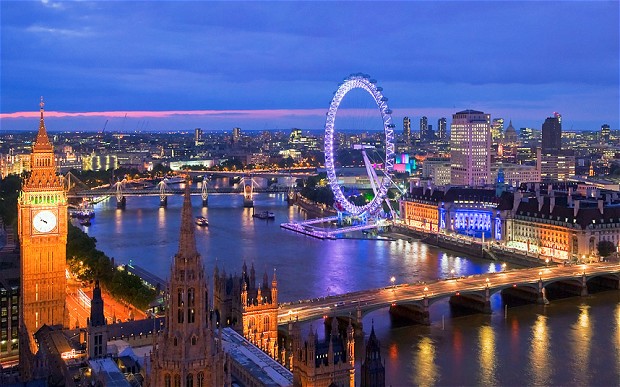476: Running to stand still
06-13-2013
PropertyInvesting.net team
Running to Stand Still:
-
Ever get that feeling that you are working harder, fighting harder and moving faster – just to stand still?
-
Every get that feeling that you are getting more tired and older by the week – but you look at your net worth and savings and wonder how little progress you are making – that time is starting to run out?
Private to Public: In the last hundred years in the UK, there is far less elitism, less of a class system and more opportunities for the ordinary citizen - the playing field is very muc h tilted to the well educated people – those that can get high paid jobs or start businesses using qualifications and specialism. But 100 years ago the public sector constituted only 10% of the GDP – government was tiny in comparison to the 2000s. The UK GDP related to the government and public sector now constitutes 47% of the economy - compared to 36% in the USA and 55% in France – a staggering level. All this expenditure has to be paid for by taxes – on private sector companies and private individuals. The outcome is budget deficits and more debt. Borrowing future people's money to pay for present day government-public sector services.
h tilted to the well educated people – those that can get high paid jobs or start businesses using qualifications and specialism. But 100 years ago the public sector constituted only 10% of the GDP – government was tiny in comparison to the 2000s. The UK GDP related to the government and public sector now constitutes 47% of the economy - compared to 36% in the USA and 55% in France – a staggering level. All this expenditure has to be paid for by taxes – on private sector companies and private individuals. The outcome is budget deficits and more debt. Borrowing future people's money to pay for present day government-public sector services.
Big Government: The government and public sector – with its regulations, processes and rules has grown to monumental proportions and with it the tax take has had to increase along with borrowing. Other countries buy the UK debt, the Bank of England prints money in part to pay for interest payments and the citizens and companies pay giant tax bills to pay for big government. Some of this money is recycled - since paying for public sector workers that are then taxes - gets some of the expenditure back. But with a rising government expenditure of social services and reduced private sector - the books just don't balance any longer. As people get older, and need retirement benefits and healthcare - things deteriorate further. This is a key reason why the UK will struggle in the next ten years.
Tax Take Huge: So how does this affect the average person? As an example, in London, if you earn £100,000, when you add income tax, national insurance, VAT, council tax, petrol tax, capital gains tax and other taxes – your tax bill is actually about 60%. So you work until September for the government then the rest of the year for yourself and your family. When you die, they will also take inheritance tax - not wanting to depress you even further. That's tax, then tax then more tax.
Feeling Less Well Off: So why do people feel less well off? This is mainly because:
Wages: For past five years, average private sector wage growth has been a meagre 1.3% (perversely in the public sector, despite the supposed wage freeze, wages have been rising at about 2.2.% - more than the private sector).
Inflation: The big killer has been inflation – as our website visitors will have heard. Our view is that real inflation when you take out “substitution, technology bias, portion size reductions, changes to the inflation basket, proportional changes of items and expenditure” is about double the government claimed inflation. So if the government says CPI or RPI is 2.5% - read 5%. If they say 3.5% - read 7%. This is a good rule of thumb. So for people in the private sector that have a 1.3% increase in wages with a 5% inflation rate, their spending power drops by 2.7% each year compounded. Then on top of that, we have had many tax rises in the last five years. The average middle class person in the UK who rents a house is probably 20% less well off now than they were at the height of the Labour debt boom years in 2006. It’s actually surprizing that house prices have not dropped further and faster than they did end 2008 onwards.
Regional Differences: There are of course massive regional economic differences. In areas that are highly exposed to the older manufacturing industries and public sector jobs, there has been a deep Depression for the last five years. Yes, were are absolutely serious – Depression – meaning a constant recession. Most rural areas have also been in a Depression as farmers have struggled with rising fuel costs, disease and appalling weather in the last five years and young people have left in droves through lack of local work and high rural property prices.
History and Education: The areas doing best have been the historic marke t and university towns and cities, London and anywhere close to London. All other areas have been in either a recession or depression. The more wealthy people tend to prosper more during high inflationary times because they own physical assets - and these people tend to love historic towns and cities with good public schools and universities. These areas have faired quite well - places like York, Harrogate, Winchester, Cheltenham, Bath, St Andrews, Newbury, Exeter and Salisbury.
t and university towns and cities, London and anywhere close to London. All other areas have been in either a recession or depression. The more wealthy people tend to prosper more during high inflationary times because they own physical assets - and these people tend to love historic towns and cities with good public schools and universities. These areas have faired quite well - places like York, Harrogate, Winchester, Cheltenham, Bath, St Andrews, Newbury, Exeter and Salisbury.
Depression: Regrettably there is no sign these trends are set to change any time soon – and it could actually accelerate. The reasons why are:
-
UK manufacturing continues to struggle despite the UK Sterling decline
-
Labour productivity is not rising – employment remains high but worker efficiency improvements are nothing like what one sees in Holland, Germany or the USA
-
Public sector jobs declines will continue because the UK government is broke
-
Young educated people will continue to migrate to London looking for high paid jobs – this talent drives business - so town like Bolton, Bury, Barrow-on-Furness and Hull will struggle as this continues
-
Most technology start-ups and newer businesses tend to cluster around London and SE England and Cambridge
Anyone that claims the outlying towns and villages in the north and Wales are not in a depression should answer the question “why are a third of shops in high streets now boarded up or charity shops?” and “what jobs are being created?”. It’s been a Depression since 2008.
Will Stay Broke - and Labour: We have another two years of this Coalition. If Labour get into power – their options are limited because there is no money left and the Coalition has not managed to repair the severe damage Labour did in the 13 years from 1997 to 2008. Therefore don’t expect any more massive increases in public sector spending in the north if Labour gets into power – it would create a financial crisis like we are beginning to see in France, very swiftly. That said, there would be some re-direction of money to areas away from London, but the overall economy would probably go into reverse as private global businesses cool - some moving overseas - particularly global London investment. This is what we are seeing in France and there is not much reason to think things would be much different if Labour got into power again - particularly as Ed Milliband achieved his Leadership win through his popularity with the Unions and will not want to disappoint them. Yes, he's likely to be more moderate than Hollande in France - but he would also probably be left of Gordon Brown in his policy making.
North Sea Production Crash: North Sea oil and gas production is in a permanent decline – expect this to continue at about 5% per annum and with it government oil revenues from taxes. The gigantic tax rise in March 2011 did much to kill off remaining investment – production crashed 23% in the 12 months after the tax increase was enacted – the goose that lay the golden egg was slaughtered that year.

Population Boom: Rural populations will hardly increase as young educated people leave and the elderly populations age – the big increase in population is be in London which we predicted back in 2004. Another 800,000 in 8 years from 2004 – and indeed this was the case. The population will rise another 1 million in the next ten years. People in London are having larger families. Primary schools are overflowing – are full. This trend is set to continue.
Housing Crisis: Because so few homes are being built – rents are bound to rise further as the housing crisis worsens. Many new jobs will be created as the population booms – and the London economy will expand with it. But people probably won’t feel a lot better off because prices will rise to cope with demand. So for the next ten years – just expect rents to rise, rail-tube prices to rise, food prices, entertainment and every other expenditure in London to rise. Again, most people will be running hard to stand still being part of a booming economy but tax revenues will head out of London to pay for deprived areas around the UK, social costs and an aging population – with rising healthcare costs. These trends or distortions if you want to call them that – will get more pronounced rather than less.
London A Global Super City: London is a truly global city wit h money inflows from all directions into paper assets (the City) and physical assets (property). As the value of UK Sterling will drop further against most currencies, and London property prices will rise further even if other regions are stagnant or declining. It’s the global inflows from countries like Greece, Spain, Syria, Egypt, Tunisia, Yemen, Lebanon, Nigeria and Iraq – all those countries where their economy has crashed. The super-rich elite bail-out and put their money into West London property as a safe haven. Many move to London partly because it is such a safe place to live with good legal system, low crime, liberty and freedom compared to most countries.
h money inflows from all directions into paper assets (the City) and physical assets (property). As the value of UK Sterling will drop further against most currencies, and London property prices will rise further even if other regions are stagnant or declining. It’s the global inflows from countries like Greece, Spain, Syria, Egypt, Tunisia, Yemen, Lebanon, Nigeria and Iraq – all those countries where their economy has crashed. The super-rich elite bail-out and put their money into West London property as a safe haven. Many move to London partly because it is such a safe place to live with good legal system, low crime, liberty and freedom compared to most countries.
Printing: As global Central Banks continue to print currency, increase debt and boost inflation to attempt to monetise the growing debt – more of the poorer countries on the fringes will destabilize and the super-rich elites will bail out and live in London or at least hedge by purchasing a UK property in London. Inflation causes imbalances – as food prices rise in desert countries with expanding populations - more riots and civil wars as the old autocracies are democratised. These countries are likely to be less peaceful with more infighting and recessions as economic investment and financial inflow dry up. If you look at all the countries that were part of the so called “Arab Spring” – you cannot really pick one that seems to be doing better economically now compared to before the change. It’s possible this will change over time – but we rather think it won’t. Most of these countries have declining oil production, massively increasing populations, water shortages, lowering fuel-food subsidies and rising food prices. Pressures will rise rather than fall in these semi-desert or desert nations.
Multi-Lets in London: One can see or imagine with these trends in the next ten years, having a large property with many flats or rooms properly managed in London will create very high yields. If you can purchase low cost property, add lettable rooms and keep borrowing costs down, then rental yields could be exceptionally high. Of course it will be very important to properly manage such properties – with the fire, gas, electrical and HMO regulations plus problem tenants to deal with. But looking forward, there will be an increasing demand for rooms and small flats close to Central London that are either shared, partly shared or have small flats in a block – all achieving high rents and gaining high occupancy rates. The saleable value of such properties would also be high if or when you choose to exit.
Airports: Finally, all the talk about a new London airport is worth a mention. The government and public have been arguing about this for decades now. Capacity is almost filled but planes are getting larger – and why do we have slots at Heathrow reserved for planes coming in from Birmingham and Manchester Airports for example? We think governing bodies will find ways to optimise and slightly expand existing capacity. Whatever happens, for property, despite the jobs, its best to avoid being close to air and noise polluting airports and away from noise polluting flight paths. Its best to focus on being close to Crossrail stations instead to maximise gains – and be as central to London as possible with lowest prices in a quite low crime area.
We hope this Special Report has given you some helpful insights – it’s not really good news – we hope you can see some opportunities as the economic and social turbulence continues. If you have any questions or queries, please contact us on enquiries@propertyinvesting.net

